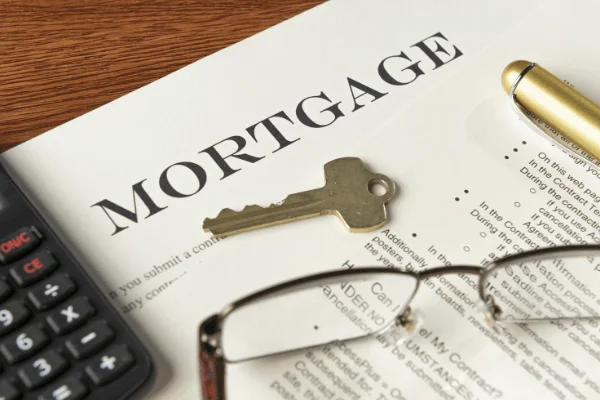A Brief Introduction to Self-Build Mortgages

The appeal of building your own home from scratch is undeniable. Purchasing an attractive property is one thing, but customising every aspect of your dream home from the ground up is something entirely different.
But what must also be taken into account when considering a home-building project is obtaining the appropriate funding. Self-build mortgages are widely available in the UK, but they are not quite the same as conventional home loans.
What is a self-build mortgage?
Self-build mortgages are home loans granted for the purpose of building a property from scratch. They differ from a conventional mortgage because there is no specific security for the property to issue the loan against.
Instead of being granted the money as a lump sum, a self-build mortgage is released in a number of stages. This helps mitigate at least some risk for the lender, who can decide if and when further funds should be allocated to the project.
At which stages are self-build mortgage funds released?
Policies vary between lenders, but most allocate funds across the same basic series of stages as follows:
- Upon purchasing land and obtaining planning permission
- When the foundations for the property are laid,
- Upon completion of the basic structure
- When the roof is fitted and the property is weatherproofed,
- After the first fix jobs are completed (like plastering),
- When the second fix stage is completed (plumbing and electrics),
- Upon certification of completion by a surveyor
The amount of money released at each of the stages will be specified in the loan contract, which varies significantly from one lender to the next.
What types of self-build mortgages are available?
There are two primary types of self-build mortgages, categorised on the basis of when the funds are released:
Advance: This type of self-build mortgage provides the borrower with the funds they need prior to each major stage of the build. It is often the only viable option for those who do not have significant funds on hand to cover the costs of the project in advance.
Arrears: This is where the funds are released following the completion of each major project stage. This is sometimes a more cost-effective option as it is considered lower-risk by the lender and is also the most widely available type of self-build mortgage.
Who qualifies for a self-build mortgage?
Lending criteria for a self-build mortgage are slightly different from those of a conventional mortgage. For example, you will usually need a larger deposit to qualify—typically a minimum of 25% of the total project costs.
Depending on the type of mortgage you intend to apply for, you may also need to provide evidence of having enough money available to cover the initial stages of the project. Lenders expect to see detailed projections and breakdowns of costs, along with evidence that all possible contingencies have been planned for.
Getting a good deal on a self-build mortgage
As with all home loans, the key to getting a good deal on a self-build mortgage lies in comparing as many options as possible from a broad pool of providers. At UK Property Finance, we conduct whole-market comparisons on behalf of our clients in order to find unbeatable deals from an extensive network of specialist lenders.
Call today for an obligation-free consultation, or email anytime, and we will get back to you as soon as possible.
